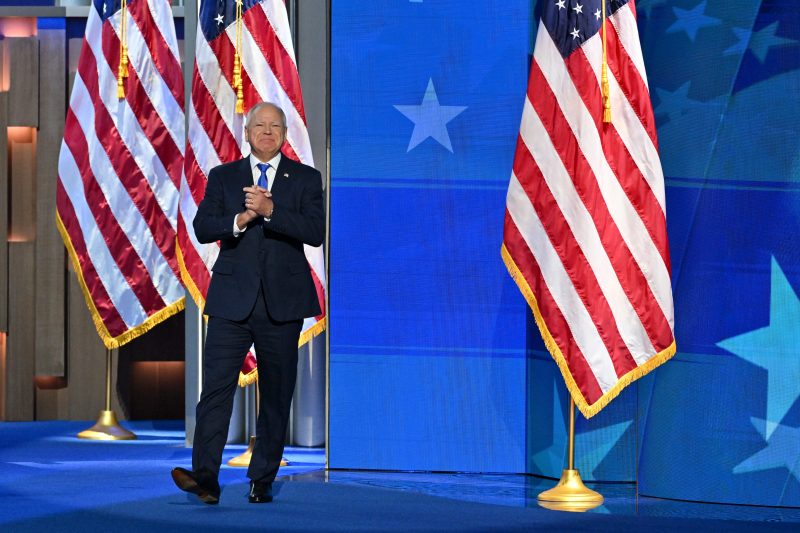
Turning the Tables: Candidates Weaponize China’s Growing Power in Political Attacks
As China’s Power Grows, Candidates Use It as Attack Line
– With the rise of China as a global superpower, political candidates around the world have increasingly used the country’s influence and policies as a tool for attack during election campaigns. While China’s economic prowess and expanding geopolitical footprint have drawn admiration and concern in equal measure, it has also become a contentious issue in domestic politics for many countries.
– In the United States, for example, China has become a central theme in political discourse, particularly in the context of trade relations and national security. Candidates often leverage China’s growing dominance in the global market to criticize their opponents’ approach to trade policies, accusing them of being too lenient or too harsh on China, depending on their own political stance.
– Furthermore, China’s assertive actions in the South China Sea and its human rights record have been recurrent points of contention in election debates. Candidates regularly highlight these issues to appeal to voters who are concerned about the implications of China’s growing power on global stability and human rights.
– In Europe, China’s economic investments and influence in the region have also sparked debates and criticisms during election campaigns. Candidates raise concerns about Chinese investment in key industries, infrastructure projects, and technological advancements, pointing to potential risks of economic dependency and security threats.
– Additionally, China’s Belt and Road Initiative, a massive infrastructure and economic development project that spans multiple continents, has faced scrutiny and opposition from candidates who view it as a strategic move by China to expand its influence at the expense of other nations’ sovereignty.
– The use of China as an attack line in election campaigns is not limited to Western countries. In Asian nations such as Japan, India, and Australia, candidates often emphasize China’s regional ambitions and strategic challenges to rally support among voters who are wary of China’s growing presence in the Asia-Pacific region.
– While China’s rise as a global power presents both opportunities and challenges for countries around the world, the politicization of China’s influence in election campaigns reflects the diverse perspectives and concerns that exist among voters and political leaders. As the dynamics of international relations continue to evolve, it is likely that China’s role in domestic politics will remain a hotly debated issue in elections globally.
